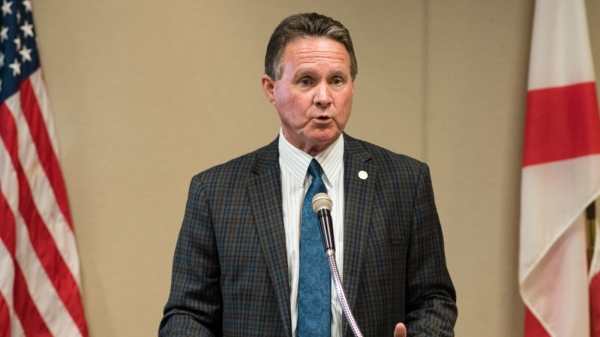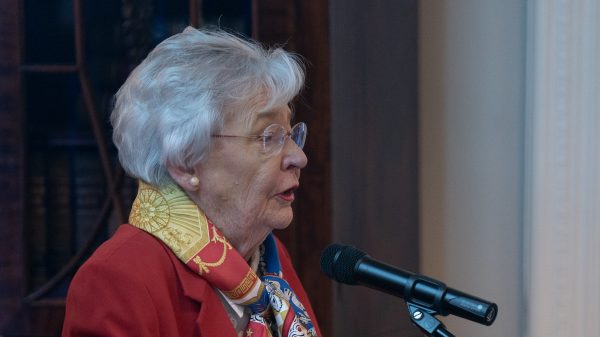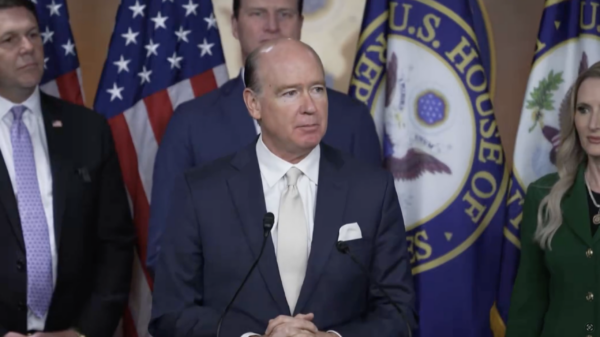Unintended consequences are a common problem when it comes to making laws and government policy. A good example of this is the changes lawmakers made in 2012 to the retirement systems for education and state employees.
The economic recession that began in 2008 had severely hurt the Retirement Systems of Alabama’s investments. The slowness of the recovery made things worse, and the state was looking at a situation where, in the long run, the government wouldn’t have the money to pay education and state employee retirees the benefits they had earned.
Lawmakers rushed through a plan to create a new tier of retirement for any employees hired after 2013 (those hired before 2013 are still considered Tier 1 and will be paid the benefits they were promised at the time they were hired). This new retirement tier, called Tier 2, pays fewer benefits, raises the age of retirement and takes a “use it or lose it” approach to sick leave days.
At the time, lawmakers were only thinking about the money and how to reduce the “unfunded liability” of one day not having the money to pay retirees. But the solution they came up with created new problems that must now be addressed.
The first problem is that by reducing the benefits package, lawmakers worsened the teacher shortage in Alabama. More and more teachers are getting their degrees here but then leaving the state to go teach in Georgia, Tennessee, Mississippi and Florida where the pay and benefits are better.
Another problem created by this new Tier 2 system is absentee issues caused by the “use it or lose it” approach to sick leave days.
Under the old system, educators and public employees could save up their sick days. This was beneficial to them for two reasons. First, it gave them more days to use if they became seriously ill and needed more time off for treatment, such as with a cancer diagnosis. The other benefit was that if they didn’t use their sick days they could apply them to their retirement and retire sooner.
Allowing an earlier retirement didn’t just benefit educators; it also benefitted the state and our children because educators were less likely to get burned out and younger teachers were given the chance to move into those classrooms.
But by requiring educators and employees to use their sick days instead of saving them, educators and employees are now being forced to take sick days when they don’t need to.
The result is that substitute teachers are being overused, and kids are either spending days doing busy work or, if a substitute isn’t available, our kids are getting piled into other teachers’ classes where they miss out on the individual attention they would normally get.
Finally, the Tier 2 system requires employees to work until age 62. That means teachers will be in the classroom for a minimum of 40 years if they graduated college when they were 22 years old. While this could save some money on retirement payouts, it also increases the likelihood of educators getting burned out and makes it harder for younger educators to find a job in the system.
Over the past year, all of the major education groups got together with the Retirement Systems’ leadership and worked out a partial solution. That solution has been introduced in the State Legislature as House Bill 77 by Rep. Alan Baker, R-Brewton.
Rep. Baker’s bill would create a new retirement tier, called Tier 3. This tier would apply to all new hires and be optional for any Tier 2 employees. The new tier will offer better benefits, allow employees to retire after 30 years instead of 40 years, and once again allow educators and employees to save their sick days and apply them toward their retirement.
This solution not only addresses the problems created by the Tier 2 system, but also continues to address the issue of the unfunded liability. In terms of the cost for the new benefits, the official estimate put it at $9.8 million a year.
Just to compare, a 1 percent pay increase costs the state $42 million a year. So $9.8 million is a small investment to make for recruiting and retaining good educators and state employees.
I applaud Rep. Baker and all the education groups coming together to find a solution to this problem. This is an excellent first step in addressing both the cost problems and the teacher shortage in Alabama.
Craig Ford is the owner of Hodges-Ford Insurance and the Gadsden Messenger. He represented Gadsden and Etowah County in the Alabama House of Representatives for 18 years.





















































